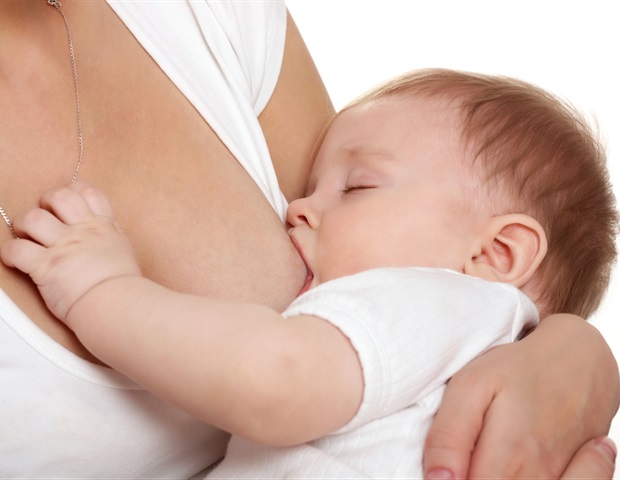Sugar water is a solution of sugar and water that has been used for generations as a home remedy to soothe babies. It is believed to cause pain relief and discomfort in babies, particularly during stressful moments such as when they are being vaccinated or when they are teething. It is also having other benefits, such as reducing the risk of dehydration in babies.
To make sugar water for babies, one typically needs to dissolve a small amount of sugar in water. The ratio of sugar to water may vary depending on the age of the baby and the purpose of it. Some recipes call for a teaspoon of sugar per cup of water, while others suggest adding a pinch of salt to the mixture to help replenish electrolytes and minerals lost through sweating or diarrhea. It is important to note that sugar water should only be given to babies under the guidance of a pediatrician, as excessive consumption of sugar can have harmful effects on a baby’s health.
Understanding Sugar Water
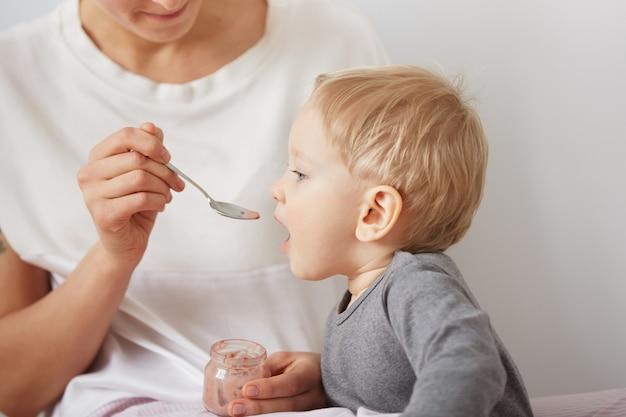
What is Sugar Water
Sugar water is a mixture of sugar and water that is commonly used as a home remedy for calming babies down during stressful moments, such as when they are being vaccinated. It is also used to relieve pain and discomfort in babies, particularly during medical procedures.
One teaspoon of sugar and one cup of warm water should be combined until all the sugar grains have completely dissolved. It is crucial to make sure that the sugar is completely dissolved before feeding it to the infant since undissolved sugar grains could obstruct the nipple of the bottle.
Benefits of Sugar Water
Sugar water has been shown to have a calming effect on babies during medical procedures. According to Dr. Danelle Fisher, chair of pediatrics at Providence Saint John’s Health Center, the amount given per procedure is approximately 1 milliliter and contains a 24 percent sugar solution. The sugar solution stimulates the release of endorphins, which are natural painkillers, and can help to reduce the baby’s discomfort during the medical procedure itself.
Apart from calming babies down, sugar water has also been said to confer other benefits. For example, it may help to with weight gain reduce the risk of hypoglycemia in newborns, particularly those who are born to mothers with diabetes. It can also help to prevent dehydration in babies who are unable to drink enough milk due to illness or other medical conditions.
Risks of Sugar Water
While sugar water is generally considered safe for babies, there are some risks associated with its use. One of the main risks is that it can cause tooth decay, particularly if the baby is given sugar water on a regular basis. It is therefore important to limit the use of it and to ensure that the baby’s teeth are cleaned regularly.
Another risk of sugar water is that it can interfere with the baby’s ability to breastfeed or bottle-feed. Babies who are breastfed babies are given sugar water may become accustomed to the sweet taste and may refuse to breastfeed or bottle-feed without it. This can lead to feeding problems and may interfere with the baby’s growth and development.
In summary, sugar water is a simple and effective home remedy for calming babies down during stressful moments and relieving pain and discomfort during medical procedures. While it has some benefits, it is important to use it in moderation and to be aware of the risks associated with its use. Parents should consult with their pediatrician before giving sugar water to their baby and should always follow their doctor’s advice.
Preparation of Sugar Water
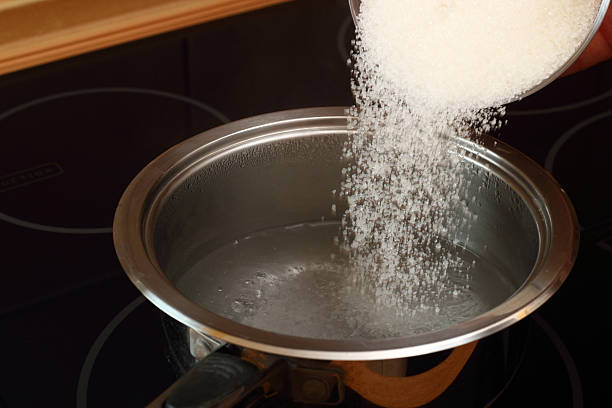
Ingredients Required
To prepare white sugar water for babies, you will need the following ingredients:
It is essential to use boiled water to ensure that it is free from any harmful bacteria. Distilled or purified water can also be used.
Ideal Ratio of Sugar Water
The ideal ratio of sugar water for babies is one teaspoon of sugar per one cup of water. This ratio ensures that the sugar water is not too concentrated, which can be harmful to the baby’s appetite.
How to Make Sugar Water For Babies
Here are the steps to make sugar water for babies:
- Boil water and let it cool until it is tepid.
- Add one teaspoon of sugar to one cup of lukewarm water.
- Stir the mixture thoroughly until all the sugar granules have dissolved.
- Taste a drop of the solution to ensure that it is not too sweet or too concentrated.
- Transfer the sugar water prepared to a clean container.
It is important to note that homemade brown sugar and water should only be used as a temporary solution to relieve pain or stress in babies. It should not be used as a substitute for breast milk or formula.
To administer sugar water to a baby, it is recommended to use a syringe or a dropper. A milliliter or two can be given for pain and stress management, while a teaspoon or two can be given for home remedies.
In conclusion, preparing sugar water for babies is a simple process that requires boiled water and sugar in the ideal ratio. However, it should only be used as a temporary solution and not as a substitute for breast milk or formula.
Usage of Sugar Water
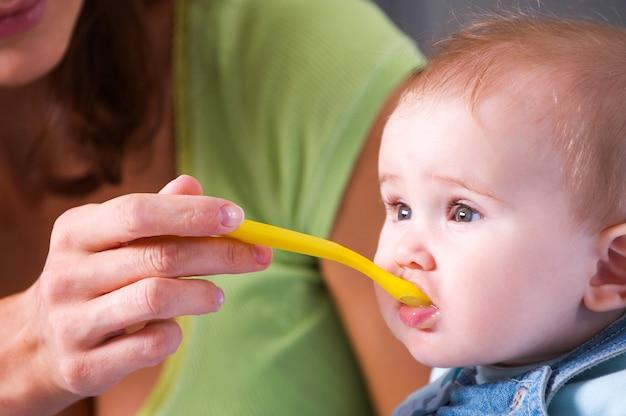
Sugar water is a common remedy used to soothe babies during stressful moments. It is a simple mixture of water and sugar, and it has been used for centuries as a natural remedy for pain relief and digestive issues.
Pain Relieving Properties
Sugar water is often used to relieve pain in babies during medical procedures such as vaccinations, circumcision, blood drawn, and foot pricks. The sweet taste of sugar water can help soothe babies, calm them down, and distract them from the pain. However, it is important to note that sugar water should not be used as a substitute for pain medication prescribed by a doctor.
Digestive Issues
Sugar water may also help relieve digestive issues in babies such as constipation, gas, and colic that in baby’s appetite. It is believed that the sugar in the water helps stimulate the digestive system and relieve discomfort. However, it is important to note that baby sugar water should not be used as a substitute for proper medical care and advice from a doctor.
Vaccinations and Medical Procedures
Sugar water is often given to babies during vaccinations or other medical procedures to help calm them down and reduce stress. It is important to note that baby sugar water should only be given in small amounts and should not be used as a substitute for proper medical care and advice from a doctor.
In summary, sugar water can be a helpful natural remedy for babies during stressful moments. However, it should be used in moderation and should not be used as a substitute for proper medical care and advice from a doctor.
Alternatives to Sugar Water
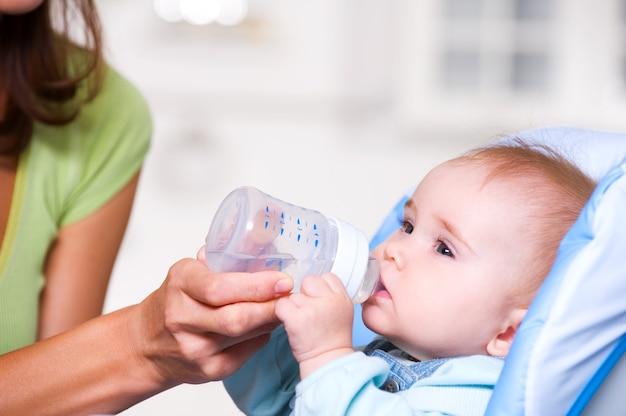
When it comes to soothing a fussy baby, sugar water is a common remedy that has been used for generations. However, some parents may prefer to avoid giving their baby sugar water due to concerns about its safety or effectiveness. Fortunately, there are several alternatives to sugar water that parents can try.
Breastfeeding and Formula
Breast milk is one of the best ways to calm a fussy baby. Not only does it provide the necessary nutrients for growth and development, but it also contains natural sugars that can help soothe a baby’s discomfort. If a mother is unable to breastfeed, infant formula is a safe and effective alternative.
Electrolyte Solutions
In some cases, premature babies may need to replenish lost fluids and electrolytes due to illness or dehydration. Electrolyte solutions, such as Pedialyte, can be given to babies to help prevent dehydration and restore electrolyte balance. However, it is important to consult with a doctor before giving electrolyte solutions to a baby.
Comforting Techniques
Aside from feeding and hydration, there are several other techniques that parents can try to comfort a fussy baby. These include:
- Pacifier: Sucking on a pacifier can help soothe a baby and provide a sense of comfort.
- Skin-to-skin contact: Holding a baby close to the skin can help regulate their body temperature and provide a sense of security.
- Swaddling: Wrapping a baby snugly in a blanket can help them feel secure and calm.
- Rocking or bouncing: Gentle motion can help soothe a fussy baby.
In conclusion, while sugar water may be a common remedy for soothing a fussy baby, there are several alternatives that parents can try. Whether it’s breastfeeding, electrolyte solutions, or comforting techniques like swaddling and skin-to-skin contact, there are many safe and effective ways to calm a fussy baby.
Potential Side Effects and Risks
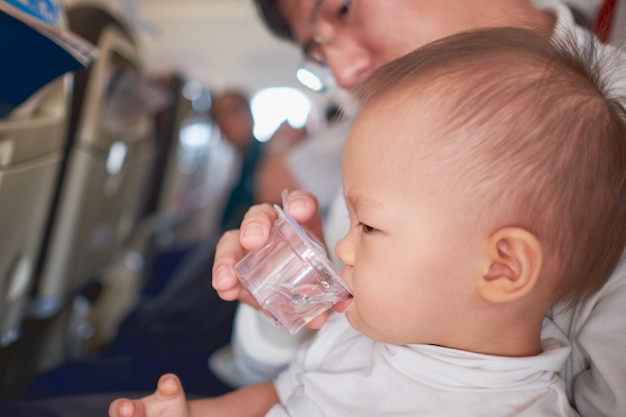
Health Risks
While sugar water has been used for decades to soothe babies, it is important to note that it is not without risks. Sugar water is a concentrated sugar solution, and giving it to infants can lead to various health risks. One of the most significant risks is dehydration. When infants consume too much sugar water, they may not want to drink breast milk or formula, which can lead to dehydration.
Another risk is an electrolyte imbalance. When infants consume too much sugar water, it can cause an imbalance in their electrolytes, leading to various health problems. In severe cases, it can even lead to water intoxication, which can be life-threatening.
Infants born to mothers with gestational diabetes should avoid sugar water as it can lead to high blood sugar levels. Furthermore, infants who consume too much milk intake too much sugar water are at a higher risk of developing heart disease, obesity, and dental cavities.
Long-term Effects
While sugar water may provide temporary relief to infants, it is not a long-term solution. Giving sugar water to infants regularly can lead to long-term serious health issues and problems. For instance, consuming too much sugar can lead to fatty liver disease, which can cause liver damage and other health problems.
It is important to note that sugar water is not a substitute for breast milk or for formula fed babies. Infants require proper nutrition to grow and develop, and sugar water does not provide the necessary nutrients. Therefore, it is essential to consult a pediatrician before giving sugar water to infants.
In summary, while sugar water may provide temporary relief reduce pain to infants, it is not without risks. Giving sugar water to infants can lead to dehydration, electrolyte imbalances, and other health problems. Therefore, it is important to consult a pediatrician before giving sugar water to infants.
Consulting a Pediatrician
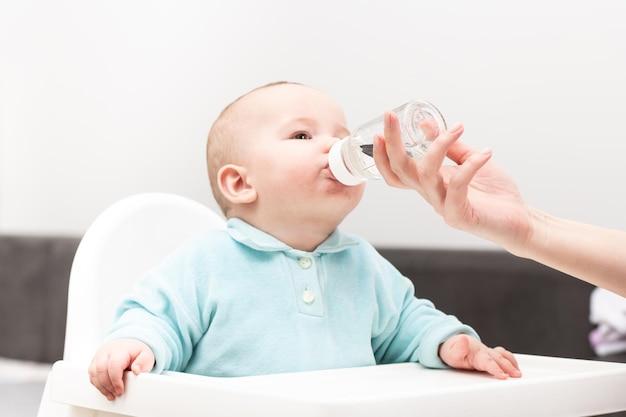
When it comes to giving sugar water to babies, consulting a pediatrician is always recommended. A pediatrician can provide guidance on how much sugar water to give newborn baby, when to give it, how to make sugar water for babies and whether it’s safe for the baby.
When to Consult a Pediatrician
If a baby is experiencing pain or discomfort, a mother may consider giving them sugar water. However, before doing so, it’s important to consult a pediatrician. A pediatrician can determine the underlying cause of the baby’s discomfort and recommend appropriate treatment. In some cases, giving babies sugar water alone may not be the best solution and may even cause harm.
Pediatrician’s Role in Sugar Water Use
It’s important to note that sugar water should not be given to babies without consulting a pediatrician first. While sugar water may provide temporary relief for a baby, it should not be used as a long-term solution. A pediatrician can help determine the underlying cause of the baby’s discomfort and recommend appropriate treatment.
In summary, consulting a pediatrician is crucial when considering the use of sugar water for babies. A pediatrician can provide guidance on the appropriate use of sugar water and ensure that it’s safe for the baby’s mouth. It’s important to follow a pediatrician’s advice and not use sugar water as a long-term solution for a baby’s discomfort.
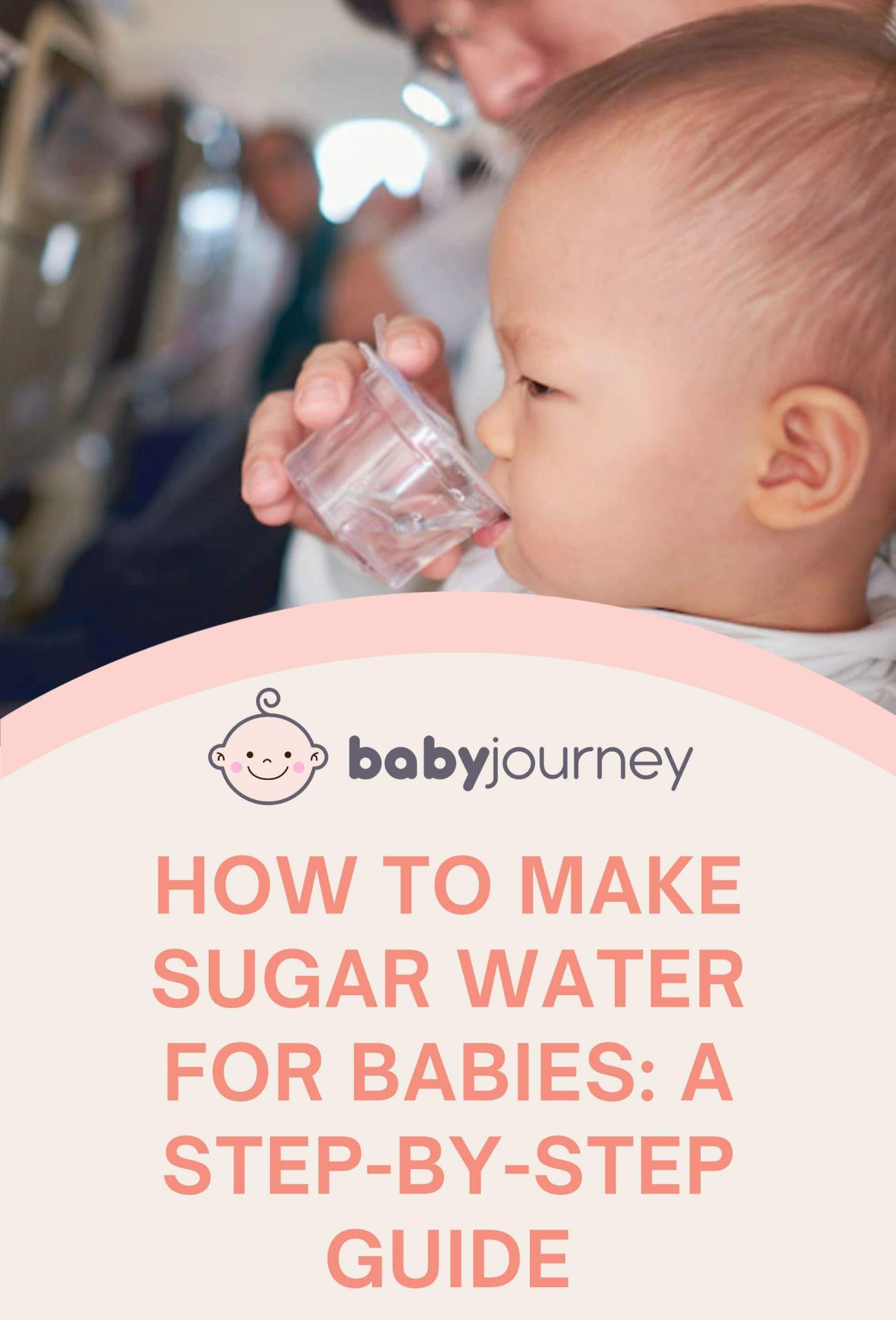

 PARENTING TIPS
PARENTING TIPS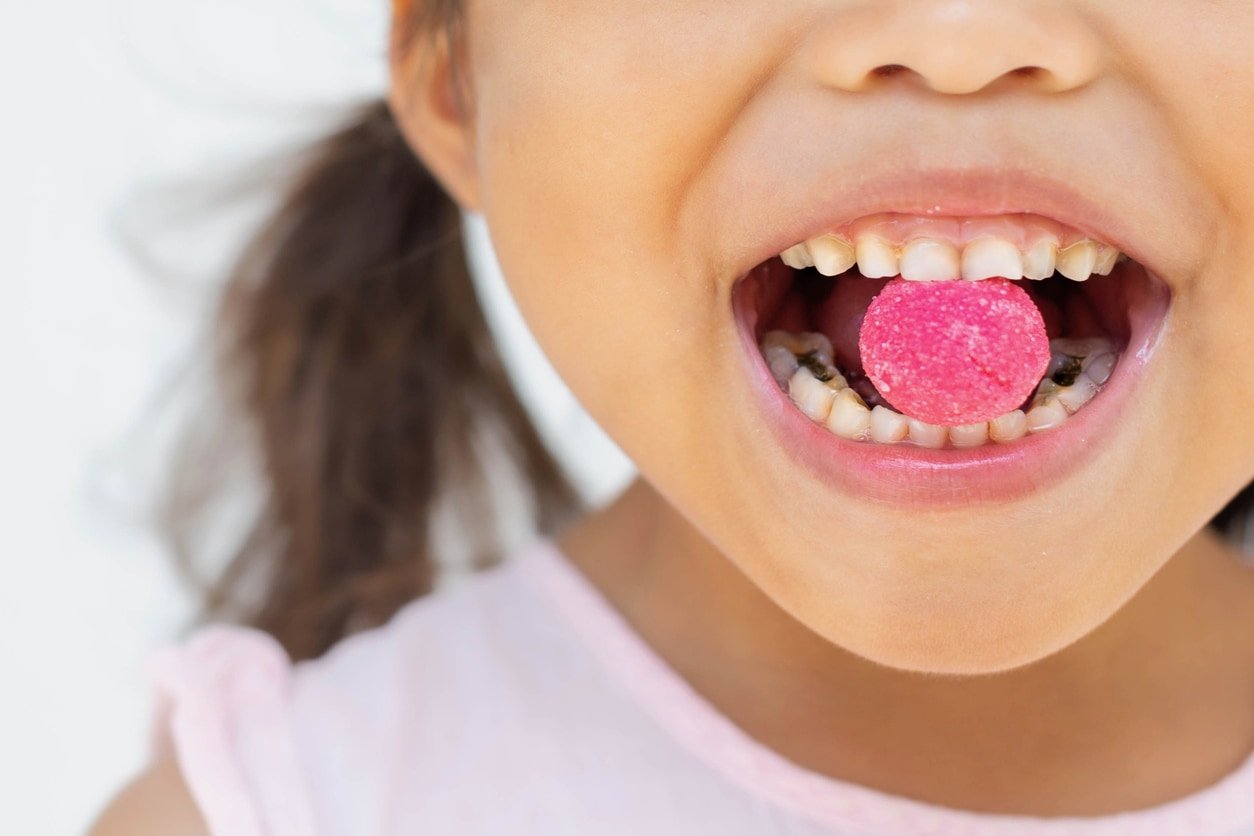







 PREGNANCY
PREGNANCY

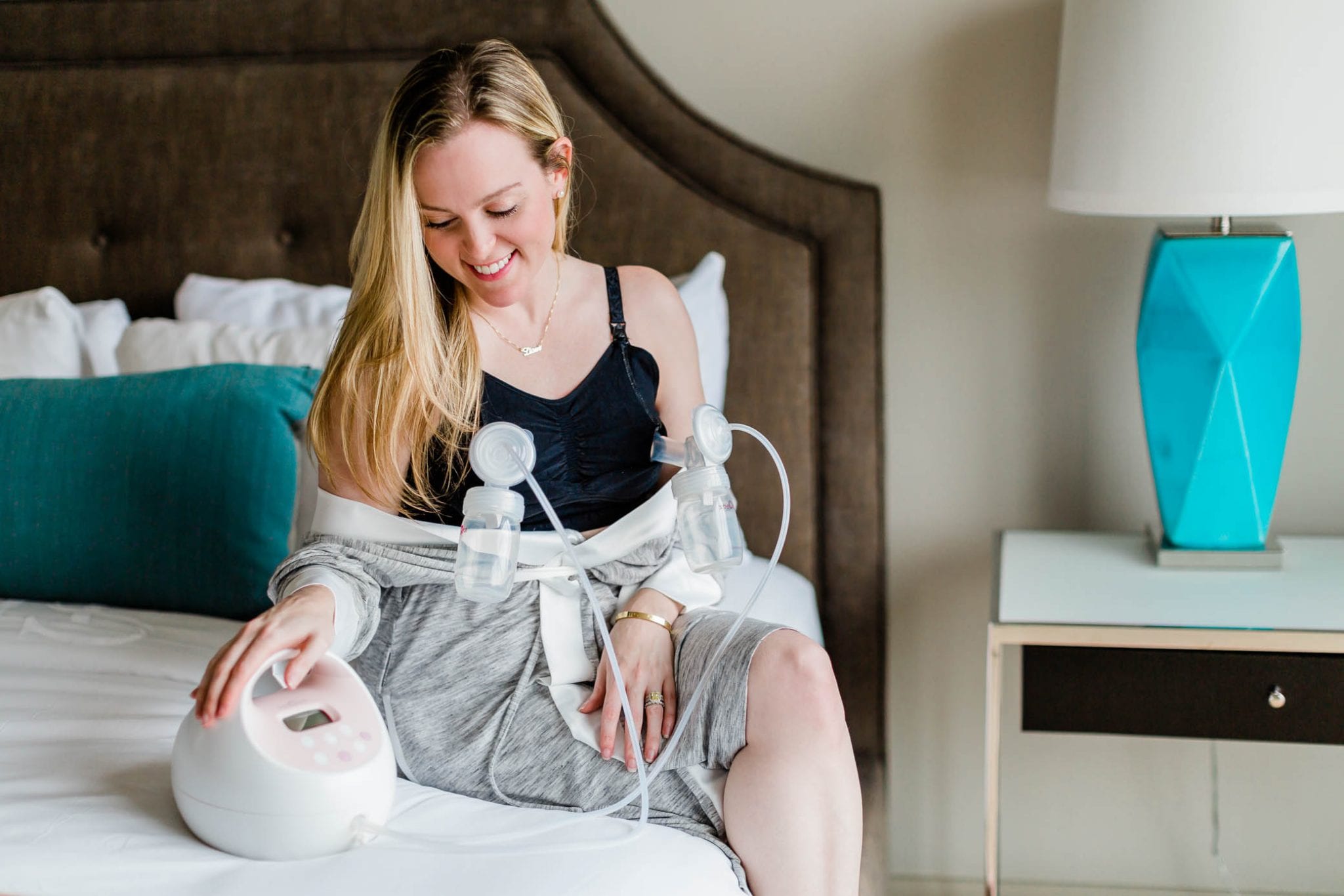





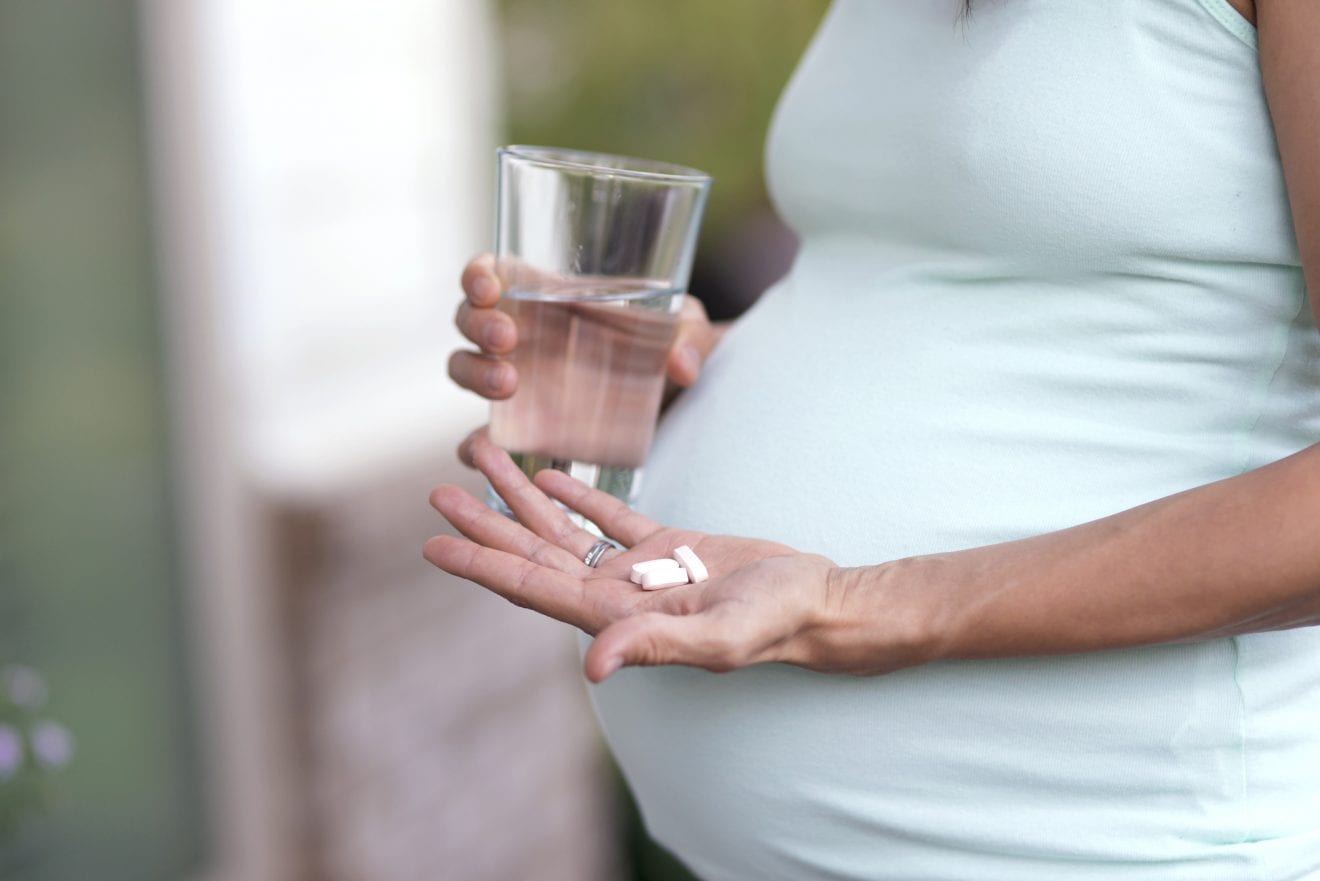
 BABY CARE
BABY CARE


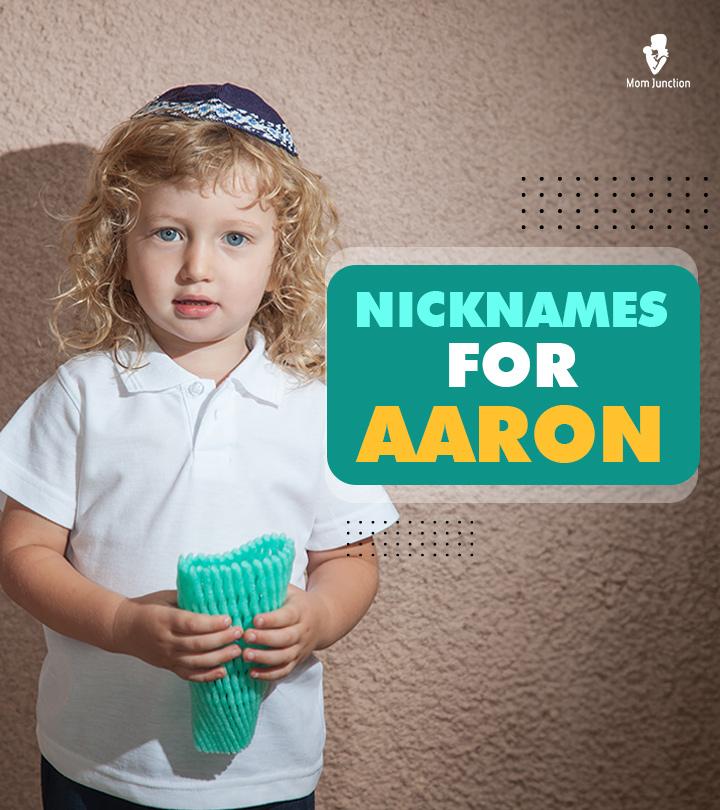




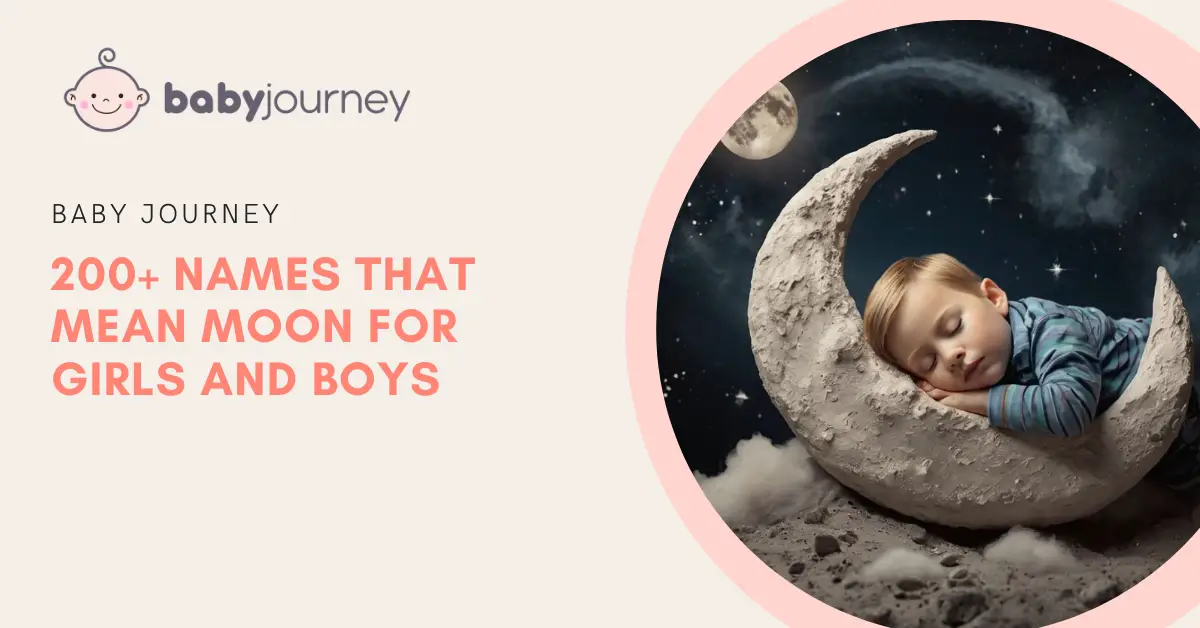
 TODDLERS
TODDLERS








 TEENS
TEENS

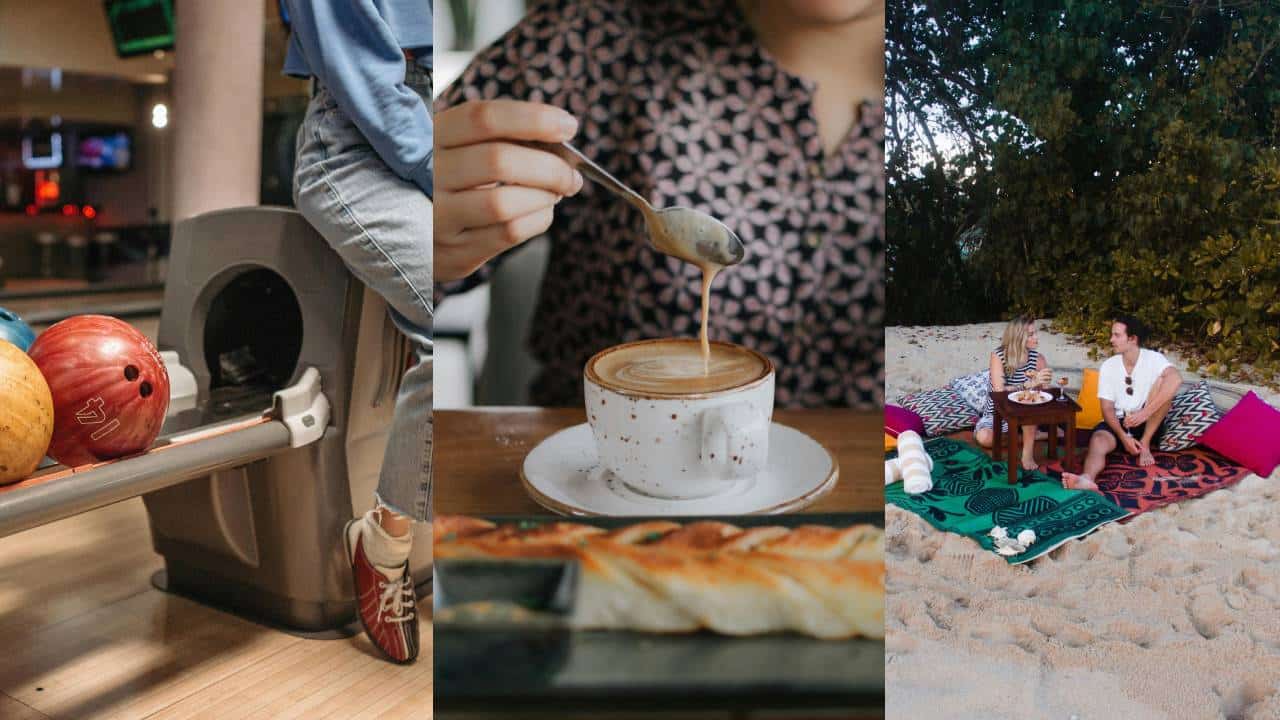






 HEALTH CARE
HEALTH CARE

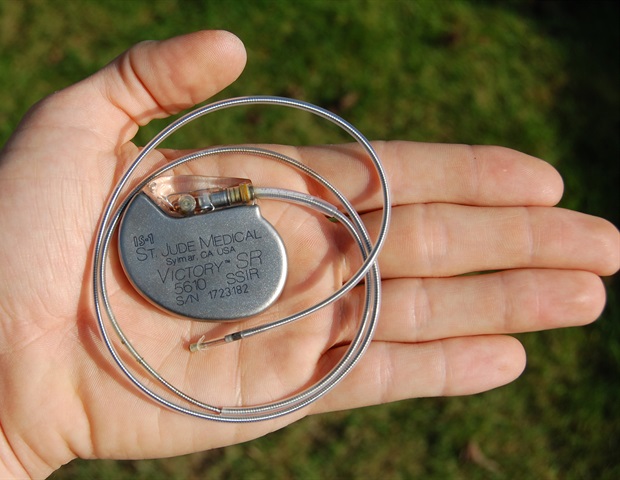


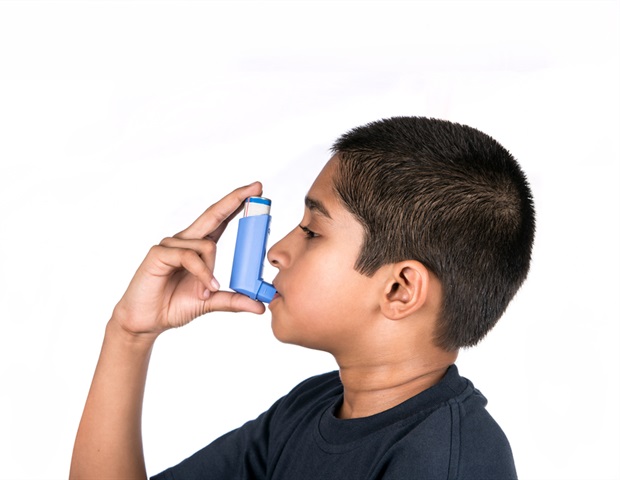
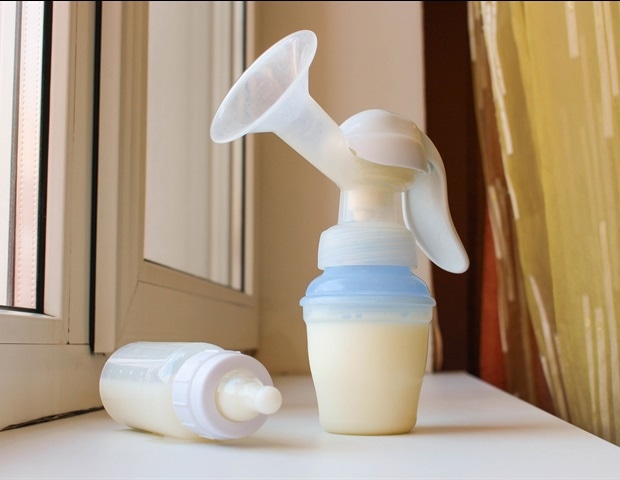

 ACTIVITIES & CRAFTS
ACTIVITIES & CRAFTS








 CONTACT
CONTACT ABOUT
ABOUT


